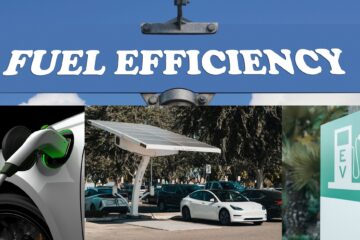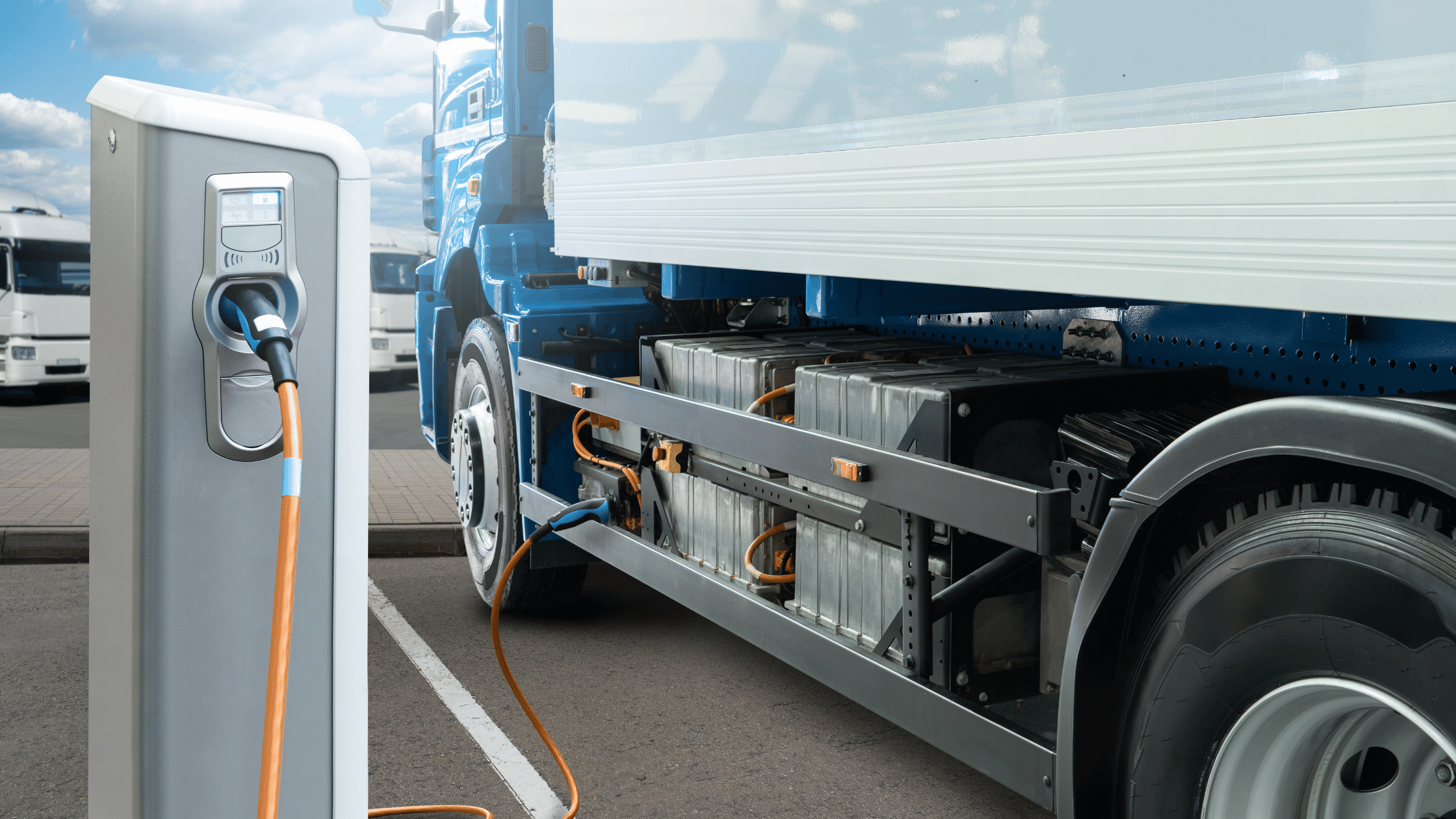Coalition Review
Opposition Leader Sussan Ley has established a working group of Liberals and Nationals, led by shadow energy and emissions reduction spokesman Dan Tehan, to develop a policy to take to the next election. The federal National Party has appointed outspoken critic of Australia’s net-zero emissions target, Matt Canavan, to an internal committee tasked with reviewing the party’s policy on the issue.
Barnaby’s Bill
Former Nationals leader Michael McCormack has swung behind another former Nationals leader Barnaby Joyce, who has tabled a private member’s bill to abandon Australia’s climate targets straight away, rather than wait for the policy review. The move is designed to put pressure on the Nationals leader and has a little to do with political aspirations of a couple of “old bulls” relegated to the backbench.
Barnaby’s Liberal colleagues are not all that impressed with this stunt as it continues to undermine their quest for urban seats. The Coalition has no path back to government without a credible climate and energy position. Sussan Ley must be thinking, was the coupling with the Nationals premature – should they have reviewed and reset their policy positions before renegotiating the Coalition?
2035 Targets
As the newly re-elected Labor Government readies to adopt its 2035 climate targets, Barnaby’s bill is unlikely to see the light of day, or will Labor allow it, just to watch the Coalition implode?
Australia’s current commitment is to reduce greenhouse gas emissions by 43% below 2005 levels by 2030. This target was legislated by the Albanese Government in 2022. The Paris Agreement also requires nations to submit progressively more ambitious targets every five years. By 2025, Australia will need to submit an updated 2035 target, and based on both scientific advice and international pressure, it is widely expected that this target will be significantly more ambitious – likely to be north of 60%.
The most recent pressure is coming from the UN Climate Chief, who is urging Australia to be bold and ambitious when it sets its emissions target for 2035. Australia’s new climate target has been described as a “one shot to build a blueprint that protects Aussie workers and businesses by preparing them for a fast-changing global economy”.
Global Decarbonisation
While the United States has slashed clean energy subsidies and pulled out of the Paris Agreement, the investment in renewables in countries like India and China was “off the chart” and “trillions of dollars are shifting” globally.
Australia’s net-zero policy settings should not be held hostage to political cycles or short-term reversals. Instead, Australia must anchor its approach to the broad, accelerating global transition towards decarbonisation, which is evident in the direction of capital flows, technology deployment, and policy alignment across both developed and emerging economies.
Renewables Cost Advantage
The latest CSIRO GenCost Report continues to show the cost advantage of renewable projects, which are putting downward pressure on the price of electricity. The report found renewables remain the lowest-cost new-build electricity generation technology, while nuclear small modular reactors are the most costly.
Cost of Uncertainty
Sudden or substantial changes to Australia’s net-zero policy settings – whether by delaying targets, revising interim goals, or altering decarbonisation pathways – could have significant adverse economic consequences for households and businesses.
Australia’s commitment to net-zero emissions by 2050 has catalysed billions of dollars in public and private investment. Change in direction would undermine the confidence of investors and developers, potentially causing them to withdraw or pause planned projects. The result would be stranded capital, lost jobs, delayed emissions reductions and reduced global competitiveness.
Conclusion
The tabling of Barnaby’s private member’s bill to abolish Australia’s legislated net-zero target is emblematic of a deeper strategic and ideological fracture within the Coalition. While unlikely to succeed legislatively, its political signal is potent – it suggests that elements of the Nationals and parts of the Liberals remain either sceptical of or actively opposed to the net-zero transition, despite its centrality to Australia’s future economic competitiveness.
The Coalition’s current posture on climate policy is increasingly at odds with the broader community’s expectations – especially those of middle Australia, which now demands credible action on climate, energy affordability and economic stability.
In the lead up to the next election, knives will be out for both leaders, which may well be the end of the Liberals as we know them today and the emergence of the Teals as a political force.
Alignment Against Target
As the government moves to adopt a bold and ambitious 2035 emissions target, councils along with other sectors of the economy will be required to step-up and align against the new target to progress their emissions reductions. While some progress is being made towards the 2050 net-zero emissions targets locally and internationally, it appears that emissions from the transportation sector have either stalled or are continuing to grow. Without additional measures such as encouraging modal shift to public and active transport sectors, adoption of EVs and efficiency standards alone may not reverse the upward trend, especially given SUV and utility preferences that consume more fuel per kilometre.
Transitioning to Net-Zero Fleet
According to recent findings from the OC&C’s Report on Electrifying Australia’s Fleets: Closing the “Say-Do” Gap, commercial fleets account for 48% of vehicle sales and contribute approximately 15-20% of Australia’s total net emissions. Electric vehicles make up less than 5% of fleet purchases and represent less than 1% of corporate fleets, despite 20% of ASX200 companies adopting EV transition plans.
Our own recent survey of Victorian councils shows that while most councils have adopted net-zero emissions targets, only 45% of council respondents have a transition plan that commits to transitioning fleet to electric vehicles. More needs to be done to support and assist councils with development and implementation of Net-Zero Fleet Transition Plans.

EV Fleet Expo
Ravim RBC is pleased to announce that the EV Fleet Expo 2025 will be held on Wednesday, 19 November at Event Central at Caribbean Park, Scoresby.
This one-day event is designed specifically for fleet managers, sustainability professionals and operational staff responsible for service delivery across local government and water sectors. The EV Fleet Expo will showcase the latest developments in battery electric vehicles (BEVs) and plug-in hybrid electric vehicles (PHEVs), with a strong focus on operational fleet applications.
Participants will have the opportunity to:
- View and test drive BEV passenger vehicles (pool cars under $50,000)
- Explore a range of electric utilities, vans, and small trucks
- Engage in a professional development program highlighting best practices from councils and water authorities
- Learn from experts about topics including:
- EV battery health and charging infrastructure
- Maintenance requirements for BEVs
- Whole-of-life cost analysis and residual value
- EV leasing and financing options (program still to be finalised).
The EV Fleet Expo aims to support councils transition to a low/zero-emissions fleet and help realise emissions-reduction targets through practical insights.



0 Comments